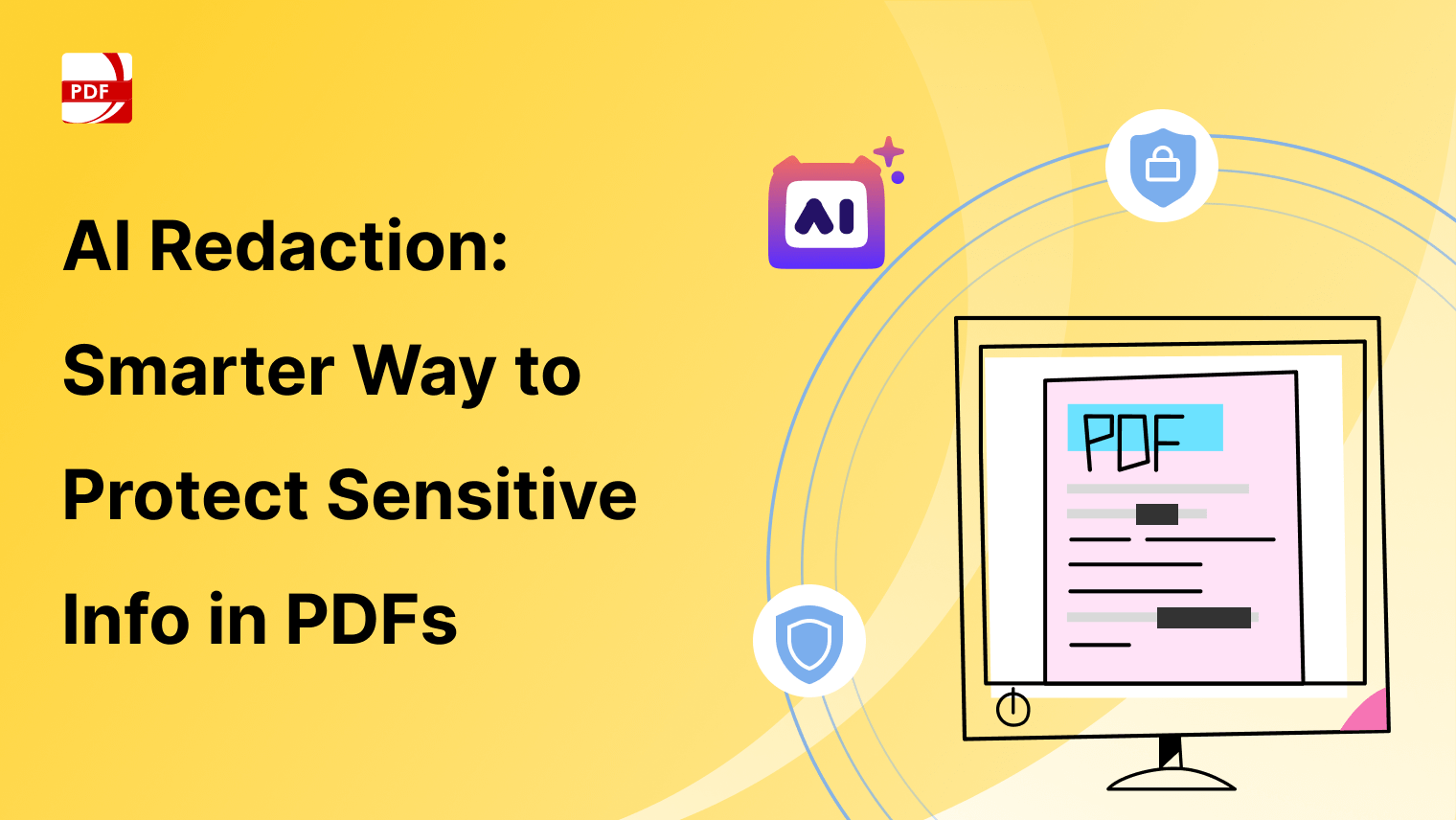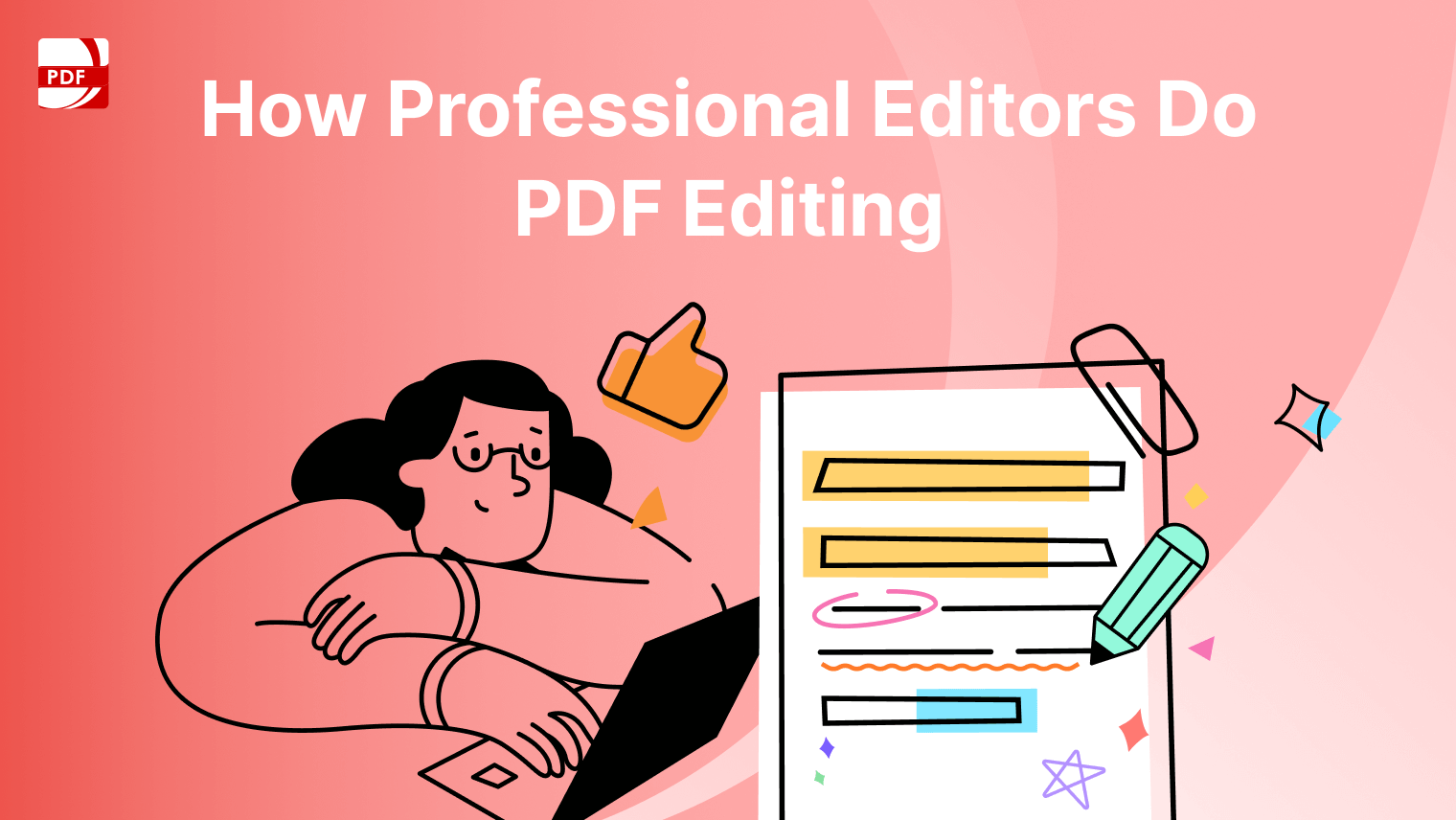A creative brief is a crucial document that serves as a roadmap for creative projects, providing direction, context, and objectives to guide the creative team.
Whether you're working on a marketing campaign, designing a website, or developing a new product, a well-crafted creative brief can ensure that everyone involved is aligned and working towards the same goals.
To further help you understand this part of the creative process, we will introduce a case study example to fill in each example.
This is very basic but serves to demonstrate who would request an advertising project and what the creative campaign may be about.
Client: External agency that serves a supermarket chain
Project Title: Launch of a new range of noodles
Define the Project Scope
Start by clearly defining the scope of the project. Outline the objectives, deliverables, and desired outcomes. Be specific about what you want to achieve and any constraints or limitations that may affect the project.
Example
Objectives: To generate excitement about the upcoming product launch.
Deliverables: Social media post captions, banners, and email templates.
We know what it's like when you are given a project but there is no clarity from the client about how long it will last or how many resources it will take.
Having this information gives the internal team time to structure their other creative projects around a designated scope and timeline.

Identify the Target Audience
Understand who the project is intended for by identifying the target audience. Define their demographics, psychographics, and any other relevant characteristics.
Example Target Audience
Age: 20-45
Occupation: Students and young professionals
Target audience information will help shape the creative direction and messaging around your client's specific audience preferences.
Learn more about enhancing your document management system with our detailed guide.
Provide Background Information
Offer context and background information to help the creative team understand the project's context and purpose.
Example
Competitors: Woolworths; Marks and Spencer
We like to include details about the brand, product/service, industry, competitors, and any relevant market insights.
Set Tone and Style Guidelines
Define the tone and style guidelines for the project to ensure consistency and cohesion across all creative elements. Describe the desired look and feel, including visual aesthetics, language tone, and personality traits.
Example
Look and feel: Bright colours; Simplistic lines; Big text that appeals to younger audience
Key Messaging: This brand of noodles is delicious and easy to make. Highly shareable (everybody wants these in their cupboard).
Our creative team might also include some visual references for key elements of the brief in order to give inspiration for the creative process.
Outline Deliverables and Specifications
Specify the deliverables required for the project and their respective specifications. This may include assets such as logo designs, website wireframes, social media posts, videos, or print materials.
Example:
- Mock ups of potential logo designs (we like to provide 3 examples)
- Short clips (not overly complicated until approved)
We like to provide details such as dimensions, file formats, and any technical requirements that are needed for the project's success.
The specifications for things like social media campaigns and wire frames need to be very particular with dimensions and other specifications about size per platform and more.

Establish Project Timelines and Milestones
Set a realistic timeline for the project, including key milestones and deadlines. Consider factors such as production lead times, approval processes, and any dependencies between tasks.
Example
- Include a visual timeline of deliverables and launch dates
- Set up review meeting days
- Deadlines for each phase of the project
Communicate the estimated timeline clearly to ensure everyone is aware of their responsibilities and deadlines for all team members involved.
Explore our detailed instructions on effectively summarizing legal cases with a case brief.
Include Budget and Resource Requirements
Outline the budget and resource requirements for the project, including any external vendors or third-party services that may be needed. Managing workflow expenses carefully ensures that the project stays within financial limits while optimizing resource allocation.
Example:
Resource requirements: 1 designer, 2 content writers, 1 web developer
Our team like to provide guidance on budget allocation and expenditure to ensure cost-effectiveness and efficiency so there are no surprises down the line.
Discover our comprehensive guide on crafting compelling legal arguments in your briefs.
Review and Approval Process
Establish a review and approval process to ensure that all creative work meets the project objectives and quality standards.
Example:
Reporting person: Senior Content Manager
Overall approval: Creative Director
Define who will be responsible for reviewing and approving deliverables at each stage of the project. This is normally the responisibility of a creative director or someone in a similar position.
Your team may also find it helpful to invest in project management resources in order to make sure the creative deliverables are sent to the client on time.
Easily create or convert a creative brief for distribution to your marketing team using PDF Reader Pro for Mac or Windows:
Invest time and effort into crafting a well-written creative brief, and you'll pave the way for creative excellence and achievement of your project goals.









 Free Download
Free Download  Free Download
Free Download 





 Support Chat
Support Chat